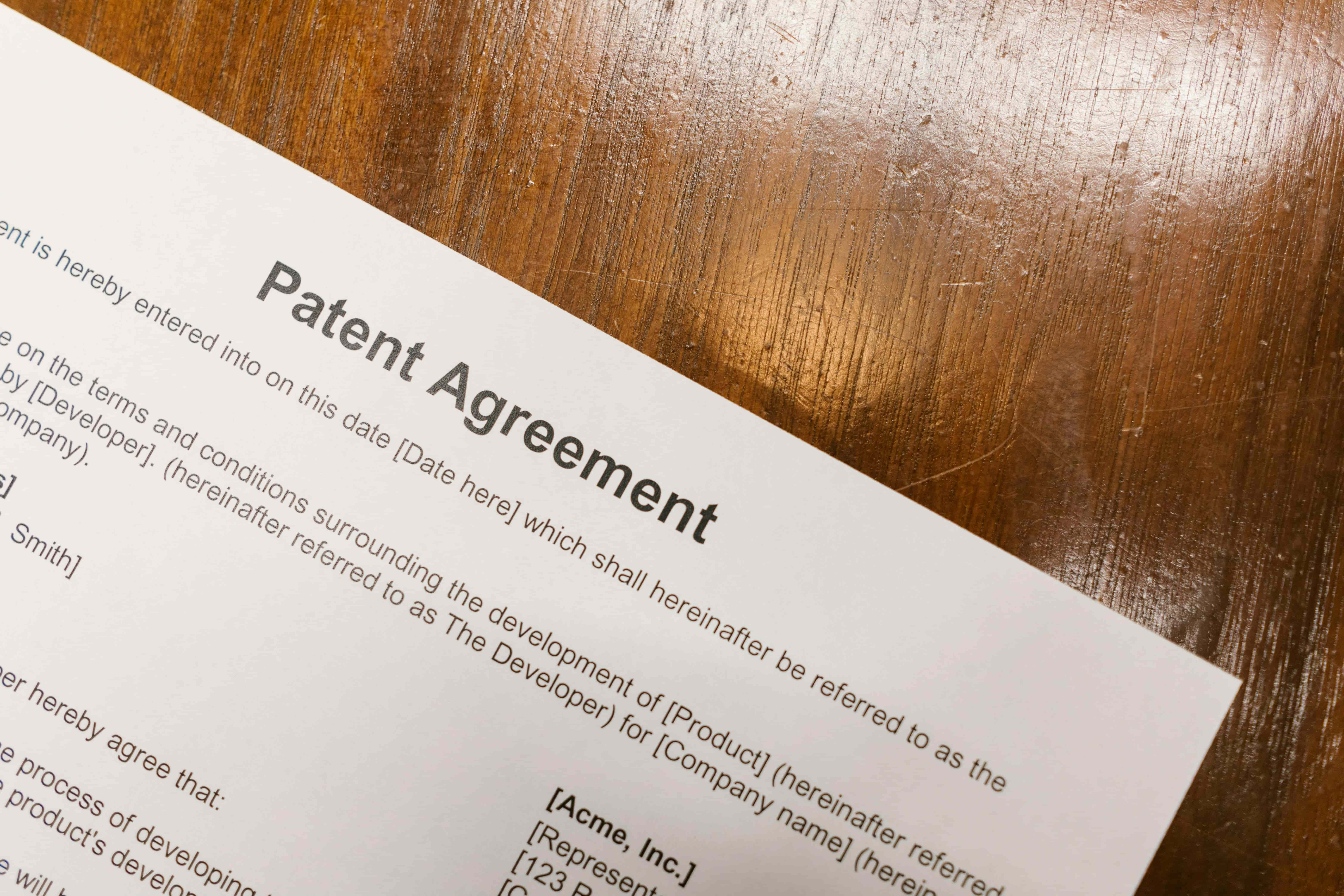When diplomats from the United States and Europe gather for high-stakes summits, every word carries weight—sometimes literally tipping the scales of international relations. Miscommunications aren't just awkward; they can reshape alliances or stall negotiations. That's where professional interpretation services step in, bridging linguistic divides with precision and cultural nuance. For events like G7 meetings in Bavaria or bilateral talks in Washington, D.C., choosing the right interpreters isn't optional—it's essential for clarity and trust.
Why Interpretation Matters in Diplomatic Settings
In diplomacy, interpretation goes beyond mere translation. It involves real-time conveyance of tone, intent, and subtlety, often under intense pressure. Simultaneous interpretation, where translators speak almost in sync with the speaker via headsets, is the gold standard for large conferences. Consecutive interpretation, on the other hand, works better for smaller, back-and-forth discussions, like press briefings or private meetings. The European Union, with its 24 official languages, relies heavily on these services; the European Commission's interpreting team handles over 11,000 meetings annually, ensuring seamless multilingual dialogue across member states.
Failing to prioritize quality can lead to real consequences. Consider the nuances of protocol: an interpreter must navigate not just words but diplomatic etiquette, avoiding faux pas that could offend. In US-European relations, where English, French, German, and Spanish often dominate, services tailored to these languages—and the cultural contexts of Brussels or New York—are critical.
Lessons from History: When Interpretation Shaped Outcomes
History offers stark reminders of interpretation's pivotal role. Take the Nuremberg Trials in 1945-1946, a landmark event in post-World War II justice involving US, British, French, and Soviet prosecutors. This was the first major use of simultaneous interpretation equipment, pioneered by IBM, allowing proceedings in four languages without endless pauses. Interpreters like Richard Sonnenfeldt, a US Army officer fluent in German, translated for Nazi defendants such as Hermann Göring. Their work ensured accurate testimony, leading to convictions that set precedents for international law. Without it, the trials might have dragged on for years, delaying Europe's reconstruction.
Another defining moment came during the 1919 Paris Peace Conference, where US President Woodrow Wilson pushed for English alongside French as a diplomatic language—a shift from centuries of French dominance. Interpreters facilitated heated debates among Allied leaders, influencing the Treaty of Versailles. A subtle mistranslation could have altered borders or reparations, underscoring how interpretation isn't just support; it's a silent architect of history. These events highlight why modern diplomatic gatherings, from NATO summits in Vilnius to US-EU trade talks in Geneva, demand interpreters with similar expertise.
Top Interpretation Services for US and European Events
Selecting a service means looking for proven track records in high-security, multilingual environments. Based on industry benchmarks and client feedback from diplomatic circles, here are standout providers that excel in simultaneous and consecutive interpretation for government and international forums:
TransPerfect: A global leader with operations across the US and Europe, they've handled events like UN General Assembly sessions and EU parliamentary meetings. Their network includes vetted interpreters certified by bodies like the International Association of Conference Interpreters (AIIC), ensuring confidentiality and accuracy. Clients praise their tech integration, such as remote simultaneous interpretation (RSI) platforms, ideal for hybrid events post-pandemic.
Lionbridge: Known for supporting major diplomatic summits, including G20 gatherings, Lionbridge offers on-site and remote services in over 350 languages. Their European hubs in Brussels and Berlin make them a go-to for EU affairs, while US offices in Washington, D.C., cater to State Department needs. They emphasize cultural training, which has proven vital in avoiding diplomatic gaffes.
LanguageLine Solutions: With a strong US presence and European partnerships, they provide 24/7 access to interpreters via phone, video, or in-person. They've been instrumental in bilateral US-UK talks and have a reputation for rapid deployment—crucial for unexpected crises like emergency NATO consultations.
Interprefy: Specializing in RSI, this Swiss-based firm has powered virtual diplomatic events, including those hosted by the Council of Europe. Their cloud-based tools reduce setup costs, making them efficient for budget-conscious US missions abroad.
Atlas Language Services: Focused on government and diplomatic summits, they offer customized teams for events in Chicago or Strasbourg. Their interpreters often hold security clearances, a must for sensitive US-European intelligence sharing.
These services stand out for their reliability, with many boasting 99% accuracy rates in client audits. When planning an event, factor in location—opt for providers with local teams to minimize travel logistics and jet lag for interpreters.
Backed by Data: The Growing Demand
The need for such expertise isn't anecdotal; it's quantifiable. According to a 2024 report from KUDO, a leading language tech firm, the global human interpretation services market surged from $9.25 billion in 2023 to $11.6 billion in 2024—a 25.5% increase driven by rising international diplomacy. In the US alone, the translation and interpretation sector reached $8.4 billion in 2024, growing at a compound annual rate of 1.1% over five years, per IBISWorld data. Europe mirrors this trend: the EU invests over €100 million annually in interpretation, supporting 3,000 interpreters who cover 500 language combinations. Projections from Cognitive Market Research indicate the global interpretation market will expand at a 6.1% CAGR through 2030, fueled by events like the annual US-EU summits. These figures underscore a clear message: skimping on interpretation risks not just misunderstandings but measurable setbacks in global cooperation.











